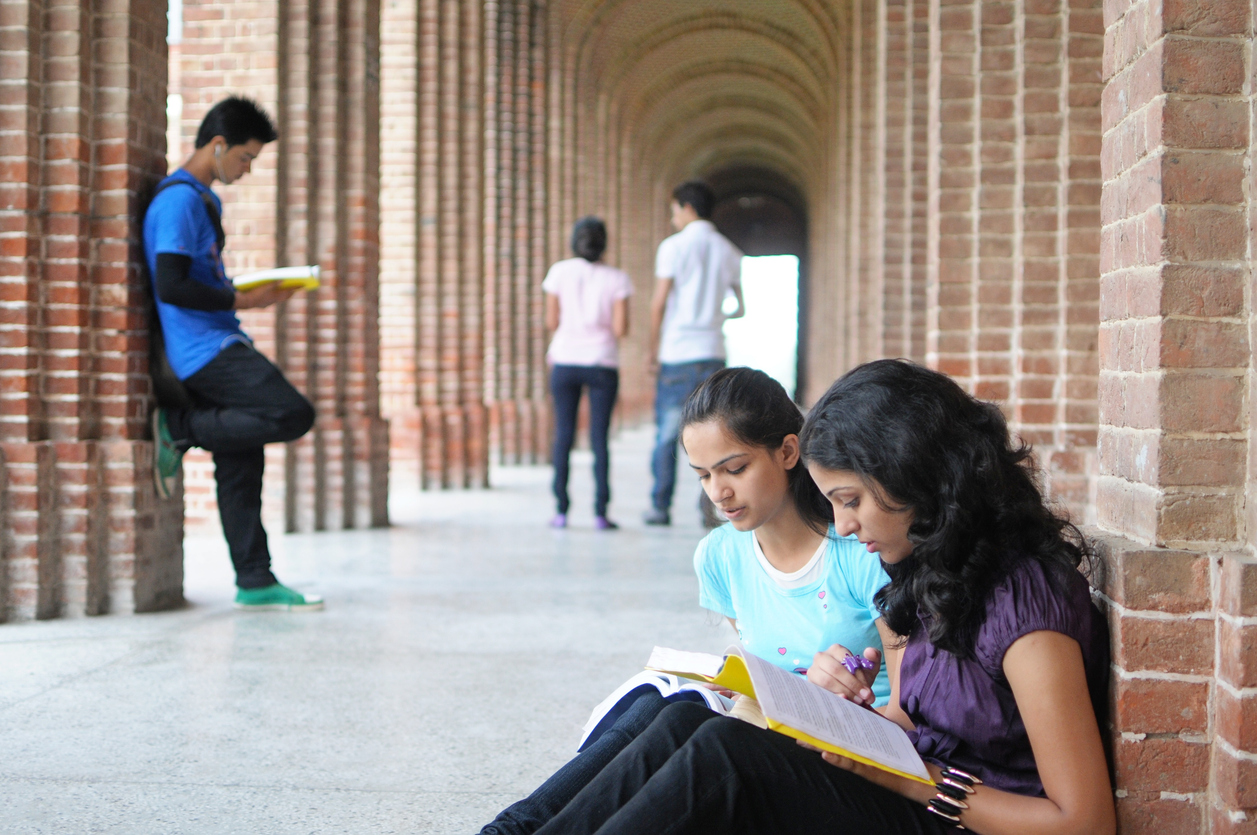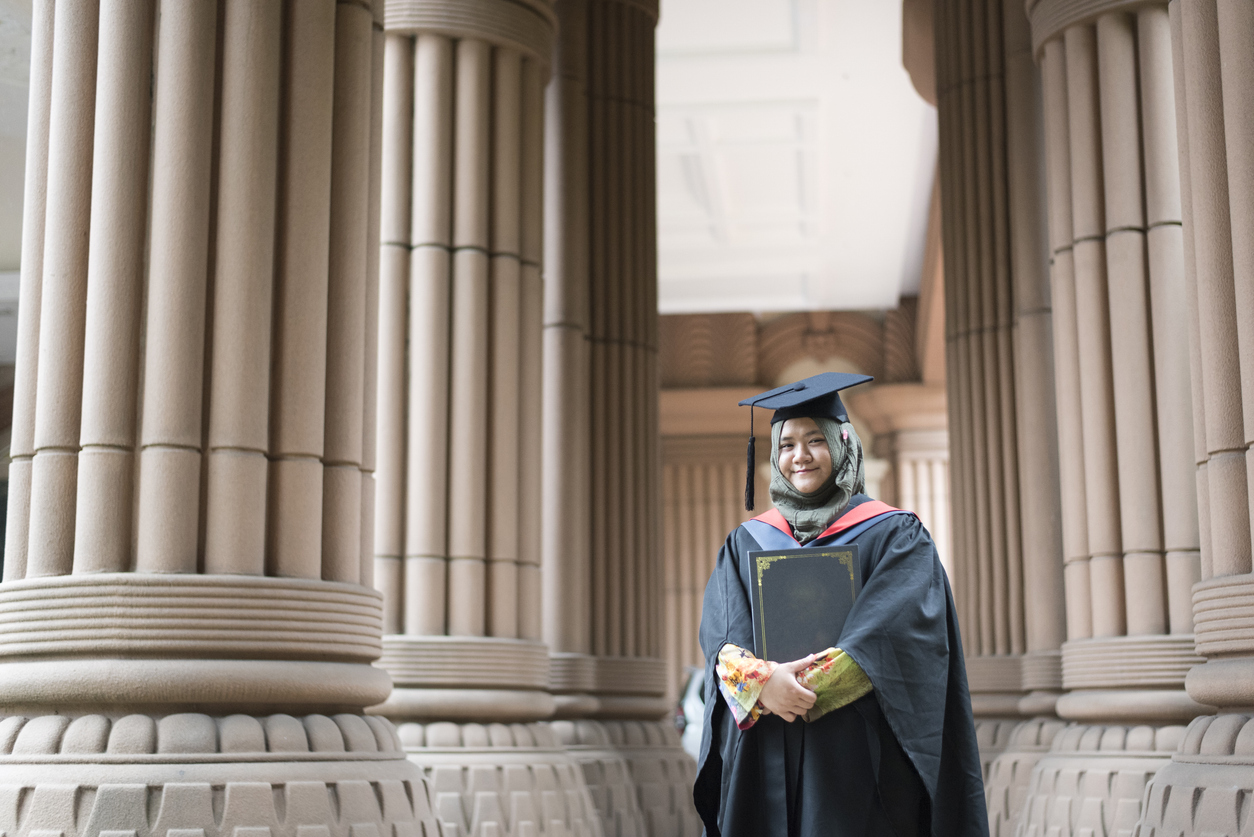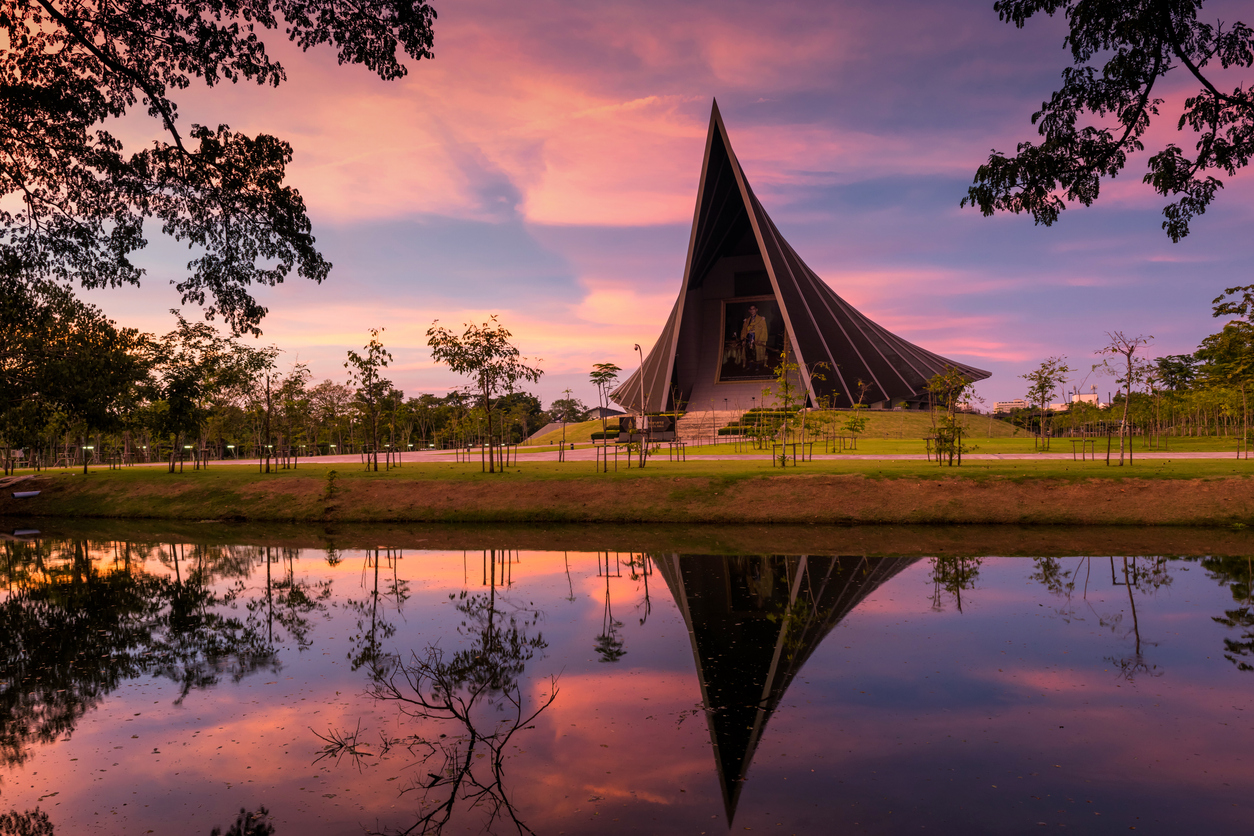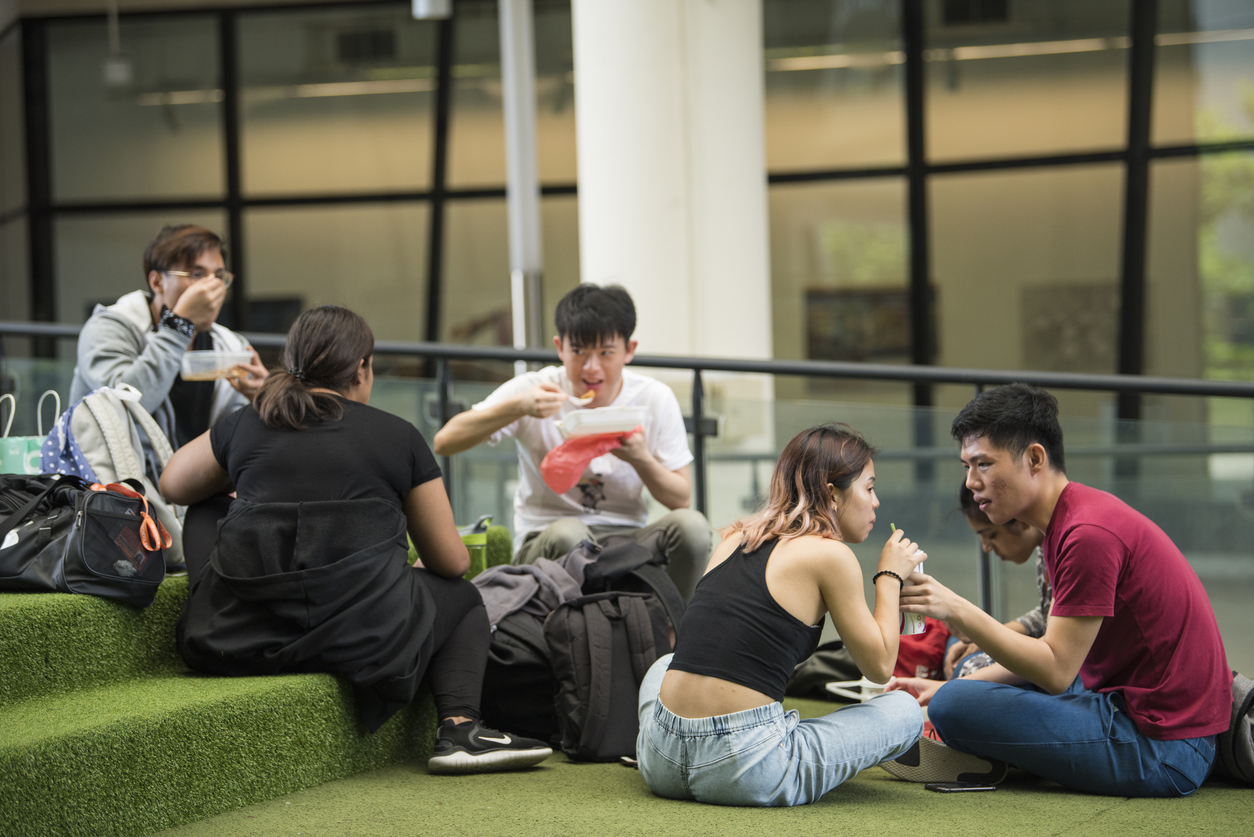Studying in Bangladesh: how to navigate the admissions process
All university courses in Bangladesh are taught in English, and the fees are affordably low – but the admissions process can be fiendishly complicated
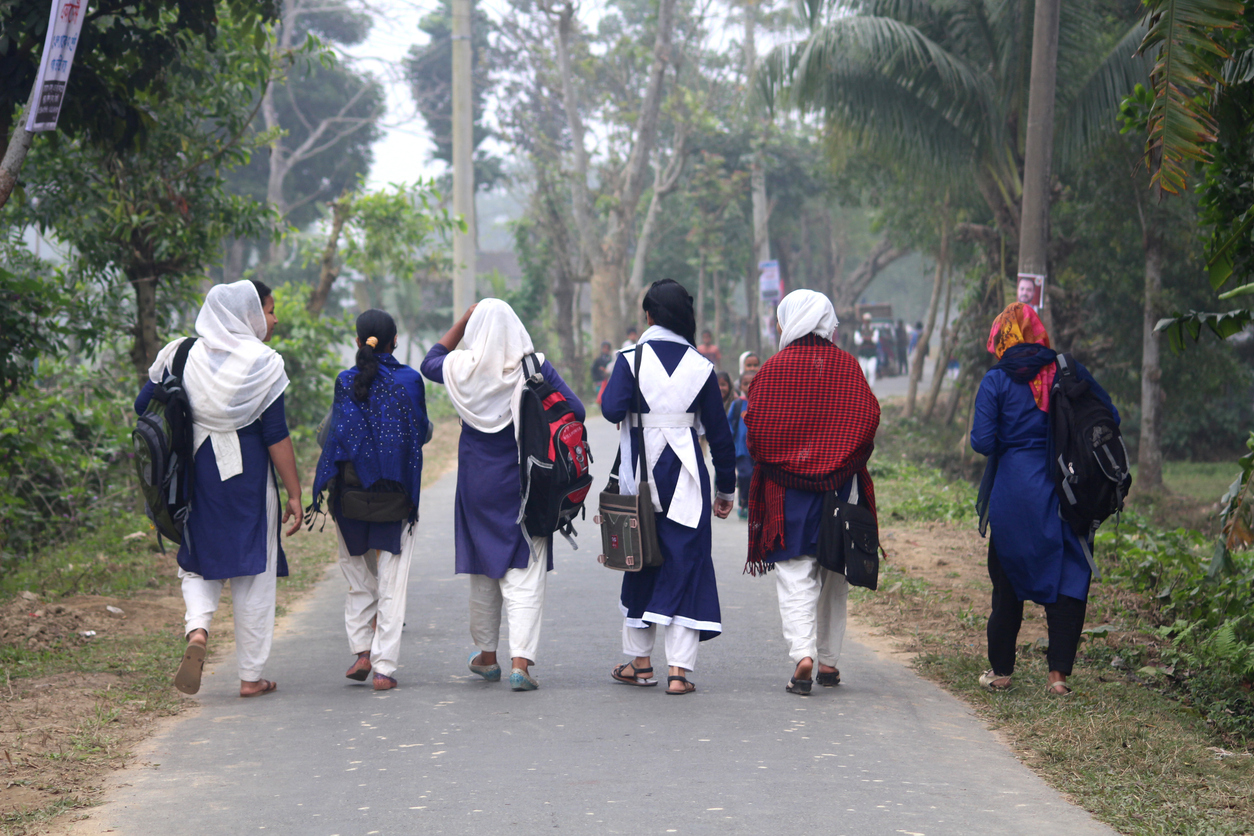
Bangladesh is located in the north-eastern part of South Asia. The majestic Himalayas stand some distance to the north, while the Bay of Bengal lies in the south.
The country’s first university was established in 1921, when Bangladesh was still part of British colonial India. Over the years, the country’s education system has evolved, and numerous public and private universities have been established. In the past decade, Bangladesh has made remarkable progress in expanding access to higher education. All courses at universities in Bangladesh are taught in English.
Tuition and other fees are usually US$500 per annum for students from South Asian Association for Regional Cooperation (SAARC) countries, and US$1,200 per annum for students from other countries. Funding opportunities are widely available for international students. Details are available on the individual university websites.
Applying to university in Bangladesh
As the demand for higher education in Bangladesh has grown, so has the complexity of the admission process. Gaining admission to a university in Bangladesh is now a rigorous and competitive process.
The general entry requirement is similar to any other country: education qualification, age and application fee, as well as academic transcripts, certificates, a valid form of national identification and passport-sized photographs of the student. No recommendation letters are required. Private universities often require students to demonstrate their English-language skill through standardised tests, such as IELTS or TOFEL.
Some public universities ask for special documents from international students. It is essential that applicants read and follow carefully the public university’s admission instructions, to ensure that documents are in order.
Where things get slightly tricky: applying in triplicate
To apply to a public university, international students must submit applications in triplicate to the Bangladesh Ministry of Education, in set form, via the Bangladesh diplomatic mission in the applicant’s country of domicile. All certificates and transcripts must be notarised by an authorised official of the foreign ministry of the applicant’s own country – no application will be accepted without this.
On receipt of the application form, the Bangladesh Ministry of Education will verify if the student is eligible for the desired programme. Then the application will be sent to the university for approval.
If the admission is approved, the Ministry of Education will provide the international student with a no-objection letter in favour of the applicants’ admission. After approval, the applicant pays the admission fee and should be in the country by a specified date.
Where things get really tricky: the admissions test
The crucial part, however, is the university admission test, evaluating a student’s skill and knowledge in subjects relevant to their desired programme of study. These admission tests are highly competitive, and can be challenging.
Some of the major universities that international students can look into are:
Dhaka University: established in 1921, this is the oldest and most prestigious public university in Bangladesh. It offers a wide range of undergraduate and postgraduate programmes. Admission to Dhaka University is highly competitive and is based on a comprehensive admission test system. Students must excel in these exams to secure admission.
Bangladesh University of Engineering and Technology (BUET): BUET is renowned for its engineering and architecture programmes. Admission to BUET is based solely on the results of the admission test. This is one of the most challenging admission tests in Bangladesh, and students must demonstrate a record of high achievement just to be eligible to sit the test.
Bangladesh Medical College (BMC): for aspiring medical professionals, BMC is a top choice. Admission to BMC is based on performance in the MCAT admission test.
North South University (NSU): NSU is a prominent private university known for its business, computer science and biochemistry programmes. NSU conducts its own admission tests for various course, and sets minimum eligibility criteria for applicants.
Applying for a visa
International students are required to obtain a student visa to study in Bangladesh. The application for a student visa must be submitted online, via this link.
Once processed, the visa will be issued through the Bangladesh embassy in the student’s home country. If there is no Bangladesh embassy in their country, students must visit the nearest embassy in a neighbouring country.
How to extend a student visa
International students must renew their student visa annually if they intend to continue their studies. Renewal fees may vary depending on the student’s home country. It is essential for international students to maintain valid visas, so timely extension applications are highly recommended.
Two months in advance: international students should contact the Center for International Affairs and Cooperation (CIAC) two months before their visa expiration date, to initiate the extension process.
Form submission: the CIAC office will provide a form that students must complete and submit, along with photocopies of the following documents:
- Passport photocopy (information page)
- All used pages, including the last visa and arrival page
- Student ID card
- Two passport-size photographs
Waiting period: after students have submitted the required documents, they must return after two working days to collect their recommendation letters for the visa extension, a sponsorship certificate and a non-employment letter.
Final submission: after document verification, the student will deposit the required visa processing fee (which varies by country) at the Sonali Bank Limited concession at the Passport and Immigration Office. They should attach all documents along with the payment receipt, before submitting them to Counter #3. The student will then receive a MRV, or call-date delivery slip.
Police investigation report: an appointed Special Branch police officer will reach out to the international student and the CIAC officer to verify the student’s details for the visa extension. The Special Branch police officer will instruct the CIAC officer to provide the student with the necessary documents, which include:
- Photocopies of passport, last visa and arrival page
- Letter of recommendation
- Offer letter or admission letter
- Attendance sheet from their department or course instructor
- Partial transcript from the controller of examinations
- Studentship certificate
- MRV visa delivery slip from the Passport and Immigration Office
- Attested photocopies of three recommendation letters for the visa extension.
Before visiting the Special Branch police office, students must make an appointment with their designated SBP officer. Students who face language barriers can ask the international affairs officer to schedule an appointment on their behalf.
During the appointment, students will submit the required documents. The SBP officer will provide a basic visa security form for the student to complete. After submitting the form, students should expect to wait about three to four weeks to receive the police report needed for their visa extension.
Collecting the extended visa: after the waiting period, students should call their appointed SBP officer to check the status of their police report. Once the report is received and the visa extension is processed, students will be instructed to visit the Passport and Immigration Office with their passport and original MRV slip.
